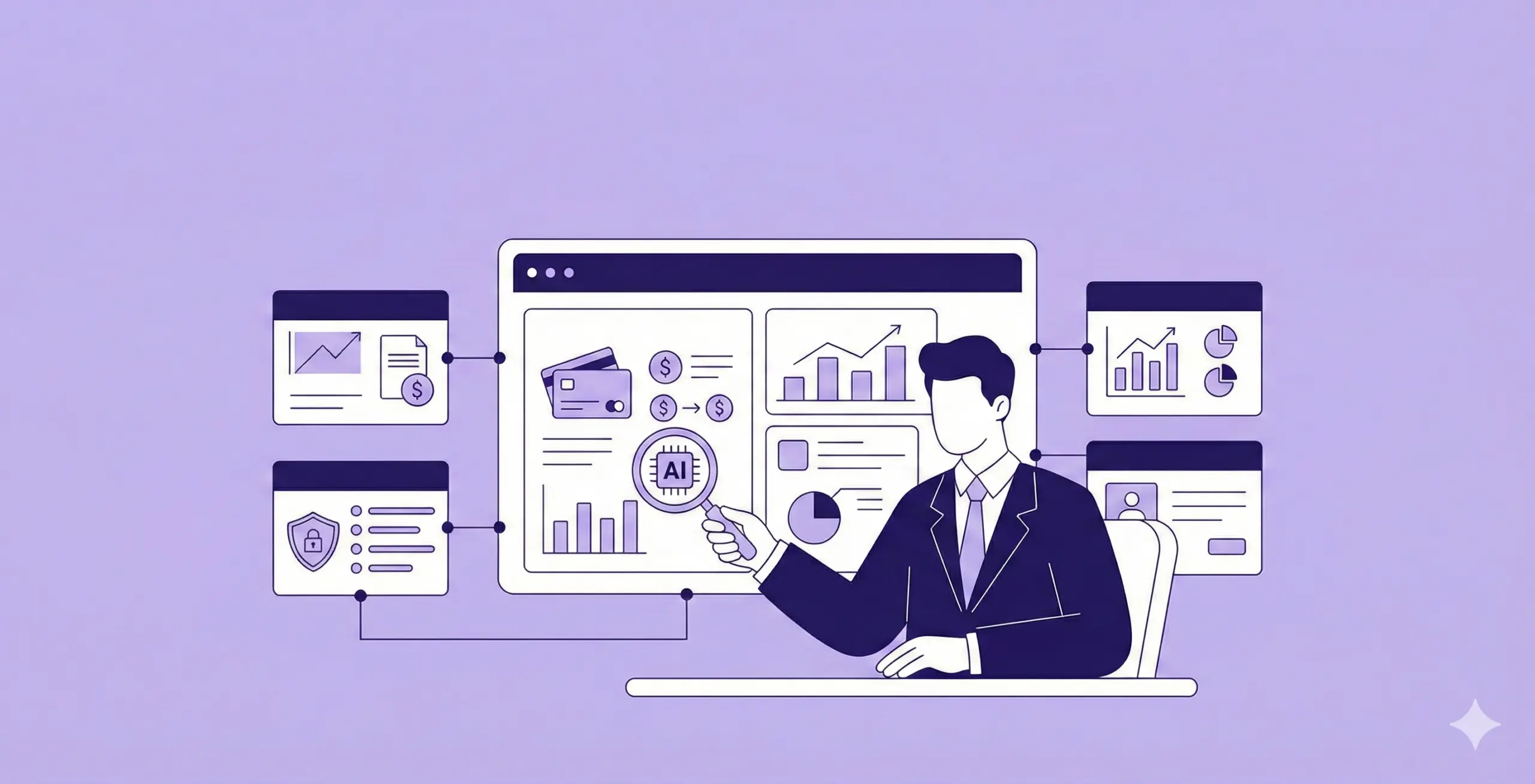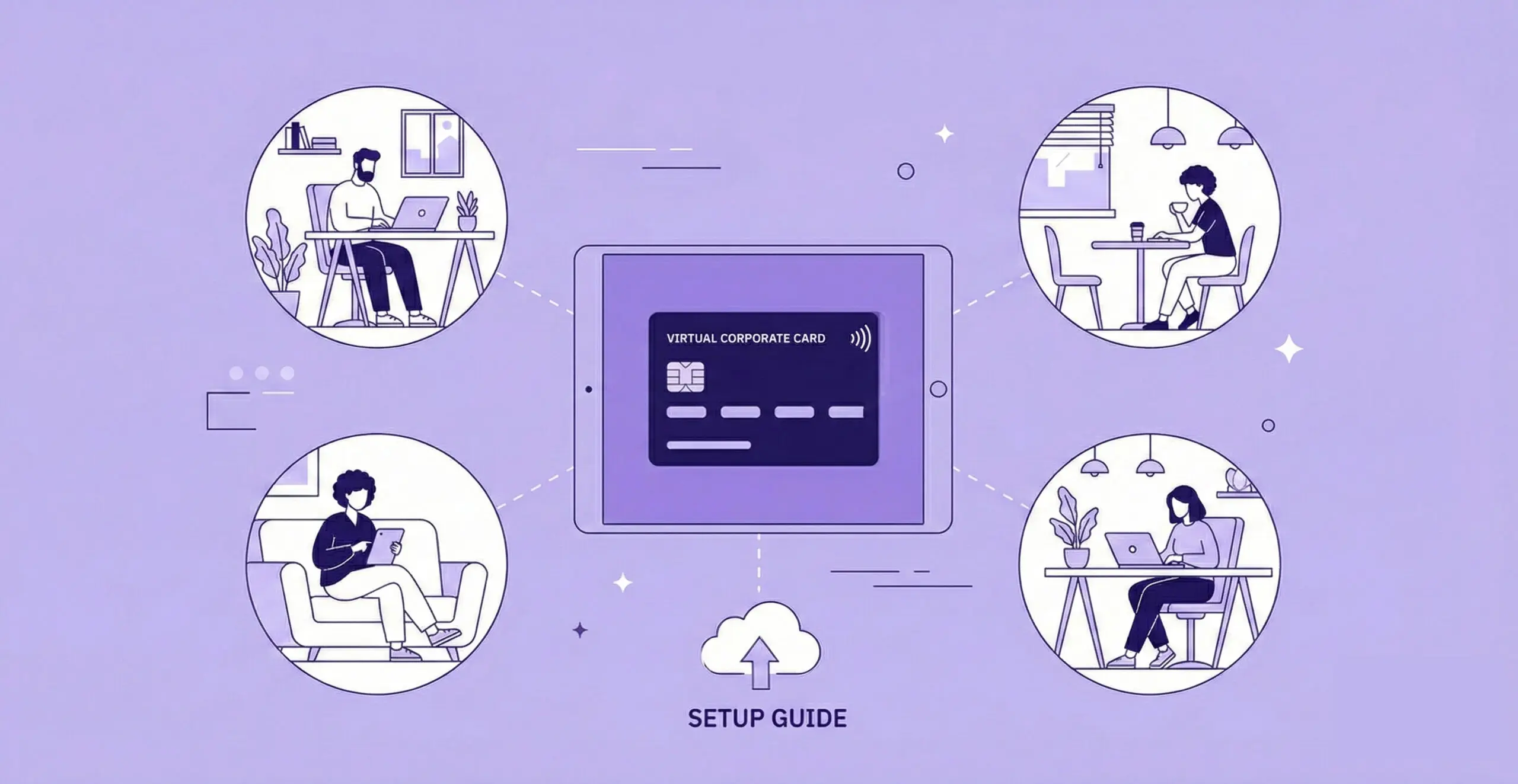
Sign up for our newsletter
Stay informed with the latest trends and best practices in finance and procurement.

What does the future of procurement hold? Finance and procurement professionals that can best answer this question are likely to be at the forefront of these developments.
This means they’ll be in the lead when it comes to both personal career success and in ensuring that their organization occupies a long-term strategic leadership position in its vertical.
We’ll explore the concept of Procurement 2030, and how you can navigate the challenges and leverage the opportunities that this vision presents.
What is Procurement 2030?
The article "A New Era For Procurement: Value Creation Across The Supply Chain" by McKinsey, discusses the concept of "Towards Procurement 2030."
Towards Procurement 2030 refers to a vision for the evolution of procurement, emphasizing its transformation into a strategic function. It focuses on three critical challenges for Chief Procurement Officers (CPOs):
Becoming an end-to-end value entrepreneur: This involves shifting the focus of procurement from traditional cost savings to a broader agenda emphasizing value creation and resilience. Procurement departments are expected to deepen their understanding of the value chain and supply markets, become active strategic partners with C-suite executives, and enhance cross-functional collaboration for long-term value creation. This transformation will enable procurement to actively shape and redesign the upstream value chain, optimize supplier collaboration, and have a more significant impact on downstream margin management.
Opening new venues of value creation: Procurement must adapt to macroeconomic, geopolitical, and environmental pressures by deploying the latest innovations. This includes managing volatility, optimizing carbon footprint in procurement decisions, and leveraging high-value analytics powered by AI. By doing so, procurement can become a predictive function that creates value from market uncertainties and aligns sustainability ambitions with cost-reduction targets.
Building the procurement operating model of the future: This involves reinventing internal structures to respond more quickly, use technology effectively, and support the business strategically. Key elements include agility through digitization, developing the buyer of the future with diverse skill sets in advanced data analytics, sustainability, and strategic thinking, and addressing talent acquisition and retention challenges.
Overall, "Towards Procurement 2030" envisions a procurement function that is more integrated, strategic, and value-driven, capable of navigating and capitalizing on the challenges and opportunities presented by a volatile and complex business environment. This new era of procurement emphasizes the importance of innovation, resilience, sustainability, and strategic partnerships throughout the value chain.
Preparing for Procurement 2030
To best prepare for Procurement 2030, both individuals and businesses can adopt strategies and practices that align with the evolving nature of procurement. Here are some key approaches:
For individuals:
- Develop a diverse skill set: Focus on acquiring skills in areas such as data analytics, strategic thinking, sustainability, and digital technologies. Being adept in these areas will be crucial in the evolving procurement landscape.
- Understand the broader business context: Gain a comprehensive understanding of the entire supply chain and how procurement impacts other business areas. This will enable a more strategic contribution to the organization.
- Stay informed about market trends and innovations: Keeping abreast of the latest trends, technologies, and best practices in procurement will be essential. This includes understanding geopolitical influences, economic trends, and environmental considerations.
- Enhance collaboration and negotiation skills: Strengthen your ability to collaborate with various stakeholders and negotiate effectively. This skill is key to managing relationships with suppliers and internal stakeholders.
- Focus on sustainability: Develop a deep understanding of how procurement decisions impact sustainability, particularly in terms of the environmental and social aspects of the supply chain.
For businesses:
- Invest in technology and digitization: Embrace digital tools and technologies that enhance efficiency, provide better data analytics, and support agile decision-making in procurement.
- Build strategic supplier relationships: Develop long-term partnerships with suppliers to ensure supply chain resilience, innovation, and sustainability.
- Foster a culture of continuous learning and innovation: Encourage employees to continuously update their skills and knowledge, and reward a culture that values innovation and adaptability.
- Align procurement strategy with overall business objectives: Ensure that procurement strategies support the broader goals of the business, including sustainability objectives, cost management, and risk mitigation.
- Adopt a holistic approach to value creation: Move beyond cost savings and consider the total value contribution of procurement, including its impact on revenue growth, brand reputation, and competitive advantage.
By focusing on these areas, individuals and businesses can position themselves to successfully navigate the challenges and leverage the opportunities presented by the evolving procurement landscape leading up to 2030.
Where to Start
The key to being ready for this new era of procurement is having the tools in place to truly achieve the possibilities that are available.
For example, “Invest in technology and digitization” is a key element in terms of taking a step into the future of procurement.
The good news is that there are solutions available today that enable you to take this step confidently. PayEm is built for modern procurement and finance leaders, especially those with a view to 2030 and beyond.
PayEm is a fully customizable, all-in-one solution that empowers procurement teams to succeed, increasing savings and improving processes almost immediately.
Teams choose PayEm to:
Enhance Operational Efficiency
With PayEm, experience a streamlined approach to procurement processes, freeing up time for essential business activities and strategic growth. Eliminate operational hurdles and welcome a new era of enhanced efficiency.
Master Compliance with Ease
Handling audits and meeting regulatory demands is simplified with PayEm. Our robust system for audit trails and documentation ensures you are always prepared for audits, reinforcing the reliability of your financial operations.
Empowerment in Financial Management
Achieve exceptional insight into your company's expenditures, enabling precise budget management, effective cost control, and smarter decision-making. Harness the power of data-driven insights to strengthen your financial strategies.
The All-in-One Advantage
Embrace a unified system for managing requests, approvals, and communication. Facilitate easy information exchange, keep a trackable communication record, and bolster compliance, all within one integrated platform.
Procurement 2030 Starts in 2024
We’ve looked at the challenges and opportunities likely to arise in the procurement space in the next few years, as well as the best strategies to overcome the hurdles and leverage the prospective opportunities available.
Your quest towards the goals of Procurement 2030 starts right now.
To begin your journey, get in touch with a PayEm team member todayget in touch with a PayEm team member today.

